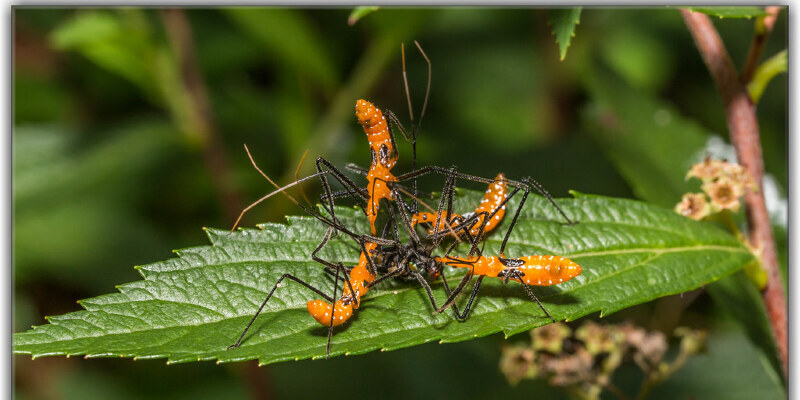Gardeners looking for a means to control garden pests without toxic chemicals that harm beneficial insects turn their sights to cedar oil. Cedar oil is an essential oil with a pungent scent that some insects don’t care for. However, the potency of cedar oil is often question and debated by master craftsmen.
Cedar
Also called cedarwood, cedar oil is derived from the wood of many different junipers (Juniperus spp.) and cypresses (Cupressus spp). Most often, cedar oil is obtained from the red cedar (Juniperus virginiana,) which grows in U.S. Department of Agriculture plant hardiness zones 2 through 9. It grows between 30 and 65 feet tall in full sun. Red cedar tolerates dry, shallow and rocky dirt, and is drought tolerant and resistant to deer. This evergreen tree has aromatic wood and berry-like cones that attract birds.
Cedar Oil Uses
Cedar oil is recognized by the U.S. EPA as a minimum risk pesticide used to keep different insects at bay. For several years, various forms of cedar wood — including shavings, sawdust and blocks — are used to keep moths from ingesting fabric. Some companies even add cedar to pet bedding and pet shampoos to discourage fleas from assaulting your four-legged friend. Cedar oil also has antiseptic and astringent properties.
Cedar Oil Pesticide
According to the Natural Resources Group, many growers claim to have noticed a decrease in aphids, thrips and seams following using cedar oil insecticide in their garden. Cedar oil also disrupts the pheromones of cucumber beetles repelling them from your lawn. To maintain cucumber beetles at bay, dilute 1/2-pint of cedar oil with 5 gallons of water and apply as a foliar spray to plants. In order for the cedar oil pesticide to give effective protection, you must apply it consistently. The powerful, pungent odor of cedar is the thing that repels insects in the region. However, what may work in one garden doesn’t always work in another, and gardeners should experiment to discover which pest control method works best for them, suggests the Texas A&M; University Agricultural Extension Service.
Factors
Cedar oil is marketed under different brand names and each has their own specific instructions that you should follow to grow the pesticides effectiveness and protect against harm to your plants. In addition to pesticides, take the essential prevention measures to keep insects from your garden. For example, weeds offer a breeding and hiding area for many species of insects. By frequently weeding, you will lower the quantity of unwanted insects in your lawn. Additional keeping the ground free of debris — like fallen plant matter — will lower the probability of fungal diseases and pest infestations.


